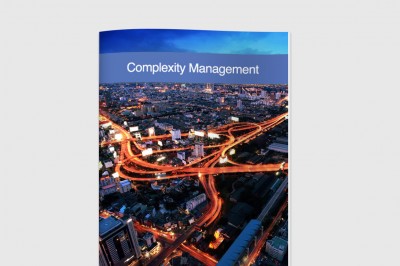System Thinking Management
In managing anything it is required that we develop some form of representation or model of how the organization works. A paradigm is the fundamental conceptual framework or model we use for interpreting events. In science there are just two different paradigms or processes of reasoning, these two different approaches to modeling are called analysis and synthesis. Analysis is the standard process of reasoning used within mainstream science, management, and engineering, while synthesis is typically seen as an alternative and it forms the foundations to what we call systems thinking.
In this paper, we look at the foundations of complexity management by talking about the two different paradigms, synthesis and analysis, where analysis involves modeling something in terms of its constituent parts and their linear interactions, while synthesis takes a holistic approach modeling the system in terms of its relations and functioning within its whole environment. We then go on to talk about these two different paradigms as applied to the activity of management, firstly looking at our traditional analytical approach to management and some of its key features. Including the reduction of complex organizations to simple components that can be measured. Management as the control of the linear interactions of cause and effect that govern these components, and the use of a hierarchical structure and incentive systems as a means for integrating and controlling the organization. Finally, we give an outline to systems thinking management that is concerned with the emergent functionality of an organization and tries to achieve this by creating the context within which the organization’s members can self-organize to give rise to the desired outcomes.










